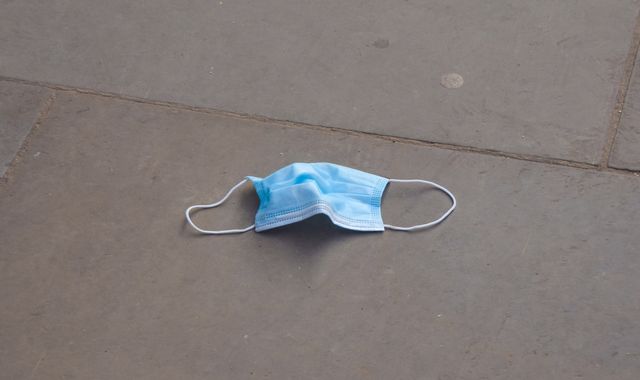Revealed: How habits of British teens compare with the EU and Canada
Written by News on 19/05/2020
A study across 45 countries has found England, Wales and Scotland have a high proportion of children who have been drunk at least twice by the time they are 15 years old.


Wales came second in the rankings released by the World Health Organisation, with 35% of girls and 31% of boys revealing they had consumed alcohol excessively in the past.
Scotland was fifth in the table and England was 12th, with dozens of other countries reporting lower levels of underage drinking among teenagers.
The WHO’s cross-national study, performed before the coronavirus pandemic, explored several factors pertaining to the health and wellbeing of children in the Europe and Canada.
Although British adolescents are more likely to brush their teeth at least once a day than many of their European counterparts, the report warned there are “a number of areas of concern” when it comes to their daily lives.
According to the report, 75% of 15-year-old girls in the UK say they are struggling with high levels of pressure from their work at school – with England having the third-highest percentage.
Young people in the UK are more likely to believe they are too fat, especially older adolescents and children from poorer backgrounds.
British children also spend much more time on social media than their peers across Europe, with researchers warning that excessive use “is associated with lower life satisfaction, poorer sleep and lower attainment at school”.
And of the 45 countries polled, England, Wales and Scotland were in the bottom third of the leaderboard when it came to the number of 15-year-olds who eat a meal with their families daily.
Martin Weber, the programme manager for child and adolescent health at the WHO regional office for Europe, told Sky News: “The fact that teenagers in England, Scotland and Wales more prone to drunkenness than other European countries can most likely be explained by different drinking cultures where in some countries, they drink to get drunk in contrast to cultures where there is social drinking during meals.”
More than 227,000 children took part in the WHO’s extensive study, and the UN health agency says its figures show that adolescent mental wellbeing in many countries declined between 2014 and 2018.
Across all nations, fewer than one in five adolescents meet the World Health Organisation’s recommendations for physical activity – a considerable drop from the last study in 2014.
Experts have also warned that two in three adolescents are not eating enough nutrient-rich foods, with levels of obesity on the rise.
In England, less than half of children aged 11 and 13 said they ate fruit and vegetables at least once a day – and the report also revealed that children from less affluent families are much less likely to eat breakfast before heading to school.
When asked whether the low levels of children meeting the WHO’s recommendations for exercise and healthy eating mean that the targets are unrealistic, Dr Weber told Sky News: “WHO’s targets for physical activity and eating nutrient-rich foods are not unachievable but ambitious.
“Some countries have made better progress in achieving them, especially through health promoting schools and active transport to schools, but it is clear that the whole school environment needs to work towards them.
“It is striking that girls are especially left behind, and although boys generally do better, they are also behind the targets.”
Dr Jo Inchley, the study’s lead author, said: “It is worrying to see that adolescents are telling us that all is not well with their mental wellbeing, and we must take this message seriously, as good mental health is an essential part of healthy adolescence.
“Although many young people in Scotland, Wales and England are generally satisfied with their lives and are less likely to be drinking and smoking or consuming sugary snacks compared with previous survey years, this study highlights a number of areas of concern.
“Sleep difficulties are on the rise, and we’re also seeing an increase in social and emotional difficulties such as feeling low and feeling nervous.”
(c) Sky News 2020: Revealed: How habits of British teens compare with the EU and Canada







